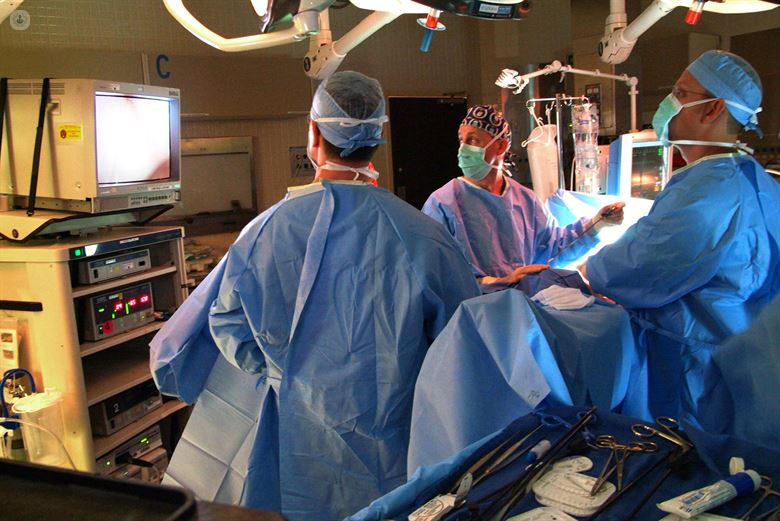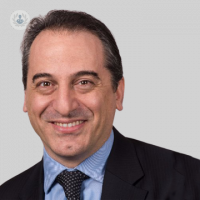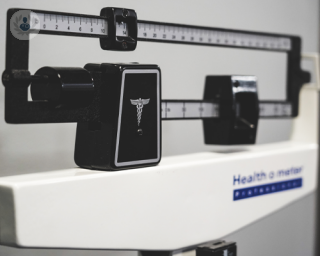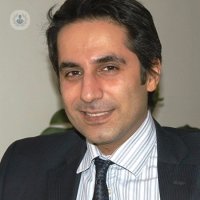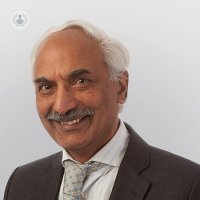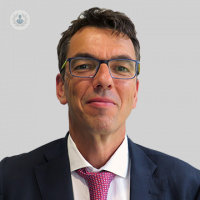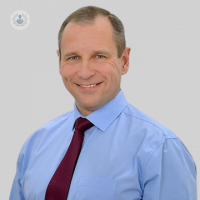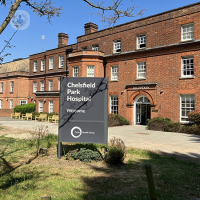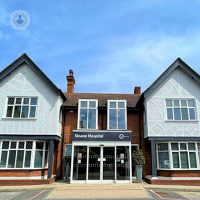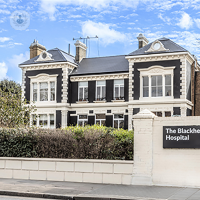Gastric bypass
Professor Francesco Rubino - Surgery
Created on: 01-07-2013
Updated on: 05-23-2023
Edited by: Sophie Kennedy
What is a gastric bypass?
Gastric bypass surgery is a type of bariatric surgery. Bariatric surgery aims to reduce the patient’s food and/or calorie intake via operations on the upper digestive system (particularly the stomach), which physically and psychologically affect the patient’s approach to food. A gastric bypass involves dividing the stomach into two “pouches”, and connecting the smaller top pouch directly to the small intestine, allowing food to “bypass” most of the stomach. This means that fewer calories are absorbed by the stomach, and due to the smaller space, the patient feels full quicker. As a consequence, they eat less.
When is gastric bypass surgery indicated?
Gastric bypasses are used to treat a variety of conditions which require the patient to eat less or reduce calorie intake. It is commonly used as a weight loss treatment for morbid obesity, although surgery is rarely the first option – major operations carry risks, and can be expensive, so trying to lose weight via exercise and dietary changes is usually the first port of call. If this doesn’t help you to lose weight, your doctor might discuss surgical options, such as a gastric bypass.
Other conditions that could warrant a gastric bypass include type 2 diabetes, sleep apnoea and hypertension. Long-term mortality of gastric bypass patients has been shown to be reduced by 40%.
What does gastric bypass surgery involve?
The amount of food a patient can eat is limited by creating a small pouch in the upper stomach and dividing it from the rest of the stomach. This can either be done by creating a partition (which runs the risk of the stomach healing and returning to its pre-operative function) or by totally separating the two parts. The small intestine is reconstructed so that both parts of the stomach drain into it, rather than just from the bottom of the stomach.
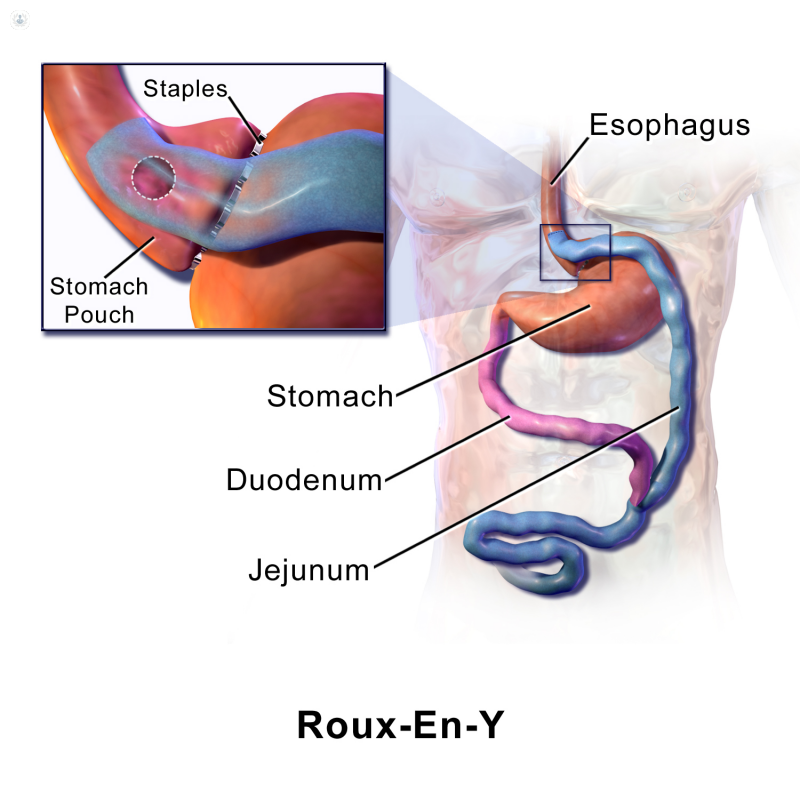
The surgery is often laparoscopic, i.e. using small incisions to insert a small camera and specialised surgical equipment to perform the operation without cutting the patient open.
How long does it take to recover from gastric bypass surgery?
If the surgery is done laparoscopically, the patient may stay in the hospital for 2-3 days, and should be fully recovered in 3-5 weeks. Recovery time will be longer if open surgery is performed.
How much weight will you lose after a gastric bypass?
On average, following gastric bypass surgery patients lose 60% of their extra weight. Studies have shown it also significantly reduces the risk of impaired glucose tolerance (IGT) progressing to type 2 diabetes.
